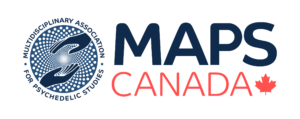FIRST RESPONDER CLINICAL TRIAL
PARTNERSHIP


ABOUT OUR PARTNERSHIP
MAPS Canada is partnering with Empower Psychedelics toward a common commitment to contribute to the growing body of evidence of psychedelic-assisted therapies through the conduct of a clinical trial to address mental and physical health challenges and promote wellness.
As part of this partnership, Empower Psychedelics will conduct a clinical trial to assess the feasibility of a custom psilocybin-assisted group therapy program for first responders exploring potential effects on mental health, wellbeing, and cognition. MAPS Canada will support this project to raise funds that will go directly towards completing this impactful clinical trial.
ABOUT THE CLINICAL RESEARCH
The purpose of this Phase II clinical trial is to assess the feasibility of a custom, 12-week, group-based psilocybin-assisted therapy program, designed specifically for first responders . (Advarra: Assessing the feasibility of a custom psychedelic-assisted group program on mental and physical health in firefighters Protocol PRo00066170). Secondary outcome measures will explore the impact of psilocybin-assisted group therapy on mental health, wellbeing, and cognition.
This trial aims to enroll up to 36 first responders with diagnosed anxiety or depressive symptoms. Participants will be divided into subgroups of 6-8 who will undergo the therapy program together, either with a breathwork day (control) or an oral psilocybin dosing day at week 10. Trained facilitators will help create a trauma-informed space for the groups to thrive and promote cognitive resilience. The topics covered throughout the 12 weeks include breath-work, mindfulness, self compassion, embodiment, and Internal Family Systems work. Assessments will be completed for all participants at baseline, mid-program (week 6), end-of-program (week 12), and at a 6 month follow up to track changes throughout and beyond the program.
A survey study was conducted from September 2021 to January 2022 (Advarra: Exploring Medically Perceived Benefits in Psychedelics and Cannabinoids: Observational Study with First Responders and Military Personnel Examining Previous Use Experience and Interest in participating in future Research studies: Protocol PRo00053720) to gather information on the current conditions, interventions, and indications that were being experienced by individual first responders from around North America.
102 survey responses were considered in the results, which are currently in review for publication. Based on the overwhelming interest from first responders as a result of that study, Empower Psychedelics team has collaborated with the Centre of Neurology Studies to design an interventional clinical trial for this specific audience. The study has been reviewed and approved by a Research Ethics Board, and will be submitted to Health Canada for review prior to the end of 2023.
Empower Psychedelics was recently awarded a Mitacs Accelerate grant (Mitacs Ref: IT32313) that will oversee the academic collaborations and assessments of this body of research over a two year period, beginning in September 2023. This grant is in collaboration with the University of Quebec in Montreal.
WHY FIRST RESPONDERS?
First responders respond to disasters and emergency situations that may be challenging, dangerous, and emotionally taxing. This is part of the reason that it is estimated that 30 percent of first responders will develop behavioral health conditions including, but not limited to, depression, anxiety, and post-traumatic stress disorder (PTSD). This is well above the average for the general population and in studies of suicidality, firefighters were reported as the highest in the category for attempt and ideation rates.
Additionally, the cultures of first responders often make it hard for this population to bring up their issues and to seek support. Models that break down barriers and reduce stigma are needed.
“Occupational stress in first responders can be associated with increased risk of serious mental health issues including hopelessness, anxiety, depression, posttraumatic stress, and suicidal behaviors such as suicidal ideation and actualized attempts.”
While traditional treatment methodologies are often covered, at least minimally, under benefits packages as provided by provincial, federal and military health coverage plans, there is a growing need for not only a wider net of coverage, but to expand upon existing treatment methods. First responders are demonstrating an increased desire and openness to novel treatments, including psychedelic-based interventions, that are growing in popularity due to the exciting and positive early results of related studies and treatments.
WHY A GROUP-COHORT MODEL?
First responders are accustomed to living and working in “crews”. A group cohort model provides a sense of familiarity while helping break down barriers and reduce stigma that prevents so many first responders from seeking support. Additionally, a group model addresses the constraints of accessibility and affordability.
This trial will use a custom, group-based treatment protocol developed by Gathering Groups and will be administered by trained facilitators. The Gathering Groups model is based upon the learnings and successes of the Roots to Thrive Group Ketamine program adapted for psilocybin-assisted therapy. Based on the learnings, positive outcomes, increased accessibility and reduced cost of emerging group-based programs incorporating psychedelics, such as Roots to Thrive and Gathering Groups, it is believed group models may become a gold standard in the delivery of psychedelic-assisted therapies – particularly for first responders.

ABOUT EMPOWER PSYCHEDELICS
Empower Psychedelics in a non-profit organization,founded in 2020, with a mission to provide safe and respectful access to psychedelics for professionals. The founding team has over a decade of experience in the cannabis sector, working with private and publicly traded companies in leadership roles. The team also has several years of experience working as first responders, and has established significant interest from this community throughout North America.
Empower Psychedelics has advisors in Canada, USA, Australia, UK and Africa. If you would like to learn more about the organization, feel free to contact us via our website: www.empowerpsychedelics.org
HOW YOU CAN HELP
Contact us to support this project: research@mapscanada.org
